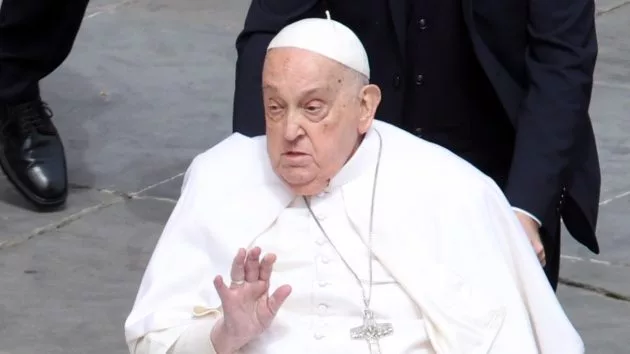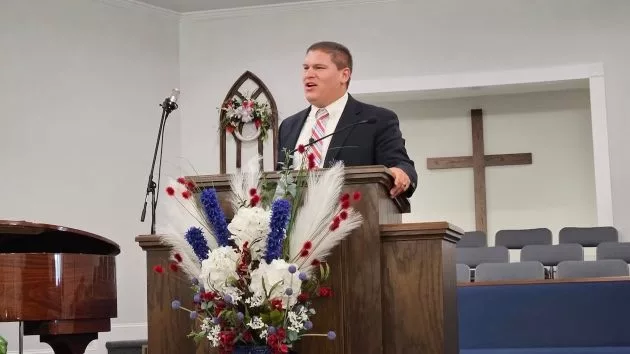(SEOUL) — South Korean investigators are seeking an arrest warrant for President Yoon Suk Yeol over his short-lived imposition of martial law, according to the Yonhap news agency.
A joint investigation team reportedly announced on Monday they sought the warrant on insurrection and abuse of power charges after Yoon ignored three summonses to appear for questioning.
Under South Korea’s constitution, if a sitting president is accused of insurrection, the police have the authority to arrest him while he is still in office.
A court will decide whether to issue an arrest warrant for Yoon, which would mark the first presidential arrest in the country’s history.
Yoon declared martial law in a televised speech on Dec. 3. The president said the measure was necessary due to the actions of the country’s liberal opposition, the Democratic Party, which he accused of controlling parliament, sympathizing with North Korea and paralyzing the government.
The move sparked protests, and hours after the declaration, the National Assembly voted to demand that the president lift the martial law order. A majority of parliament — all 190 members who were present, out of the 300-person body — voted to lift the decree — requiring that it then be lifted, under the South Korean constitution.
Following the National Assembly’s vote, Yoon said he withdrew the troops that had been deployed to carry out martial law and “will lift martial law as soon as we have a quorum in the cabinet.” The State Council then convened to vote to officially lift it.
The country’s Democratic Party called on Yoon to resign following what it called the “fundamentally invalid” declaration of martial law. Without Yoon resigning, the opposition party worked to enact impeachment proceedings against the president.
Yoon has been suspended from his position since Dec. 14, when the National Assembly voted for his impeachment in a 204-85 vote.
Earlier this month, however, Yoon vowed to “fight until the last moment” and said that he had never intended to disrupt the “constitutional order” when he ordered hundreds of troops into the National Assembly on Dec. 3.
The public reaction has been complex and varied, reflecting the deep political, social, and generational divides in South Korea. But overall there is a mass consensus that putting the country under martial law was an inexcusable action, no matter what motivated the president to do so.
“It was an unthinkable, unimaginable situation,” Seo Jungkun, a professor at Kyunghee University in Seoul, previously told ABC News. “President Yoon attempted to suspend the functions of the national assembly. He ordered the removal of lawmakers, therefore he could be charged with treason,” Seo explained, referring to a testimony by Lt. Gen. Kwak Jong-geun, who oversaw the special forces dispatched to the National Assembly on the night of the martial law declaration.
ABC News’ Joohee Cho and Hakyung Kate Lee contributed to this report.
Copyright © 2024, ABC Audio. All rights reserved.



